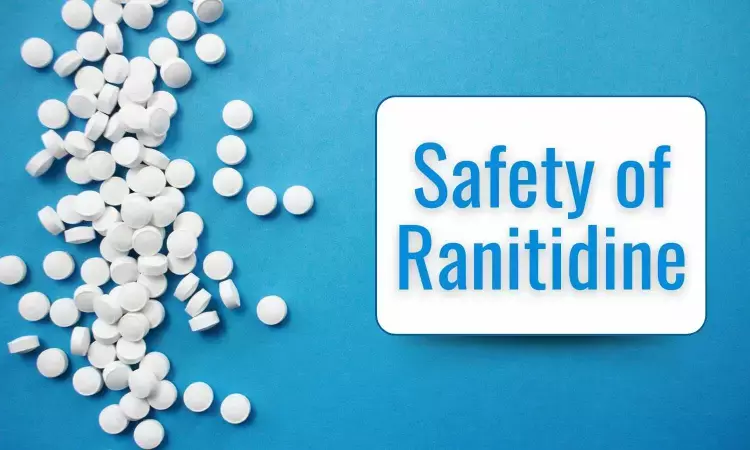- Home
- Medical news & Guidelines
- Anesthesiology
- Cardiology and CTVS
- Critical Care
- Dentistry
- Dermatology
- Diabetes and Endocrinology
- ENT
- Gastroenterology
- Medicine
- Nephrology
- Neurology
- Obstretics-Gynaecology
- Oncology
- Ophthalmology
- Orthopaedics
- Pediatrics-Neonatology
- Psychiatry
- Pulmonology
- Radiology
- Surgery
- Urology
- Laboratory Medicine
- Diet
- Nursing
- Paramedical
- Physiotherapy
- Health news
- Fact Check
- Bone Health Fact Check
- Brain Health Fact Check
- Cancer Related Fact Check
- Child Care Fact Check
- Dental and oral health fact check
- Diabetes and metabolic health fact check
- Diet and Nutrition Fact Check
- Eye and ENT Care Fact Check
- Fitness fact check
- Gut health fact check
- Heart health fact check
- Kidney health fact check
- Medical education fact check
- Men's health fact check
- Respiratory fact check
- Skin and hair care fact check
- Vaccine and Immunization fact check
- Women's health fact check
- AYUSH
- State News
- Andaman and Nicobar Islands
- Andhra Pradesh
- Arunachal Pradesh
- Assam
- Bihar
- Chandigarh
- Chattisgarh
- Dadra and Nagar Haveli
- Daman and Diu
- Delhi
- Goa
- Gujarat
- Haryana
- Himachal Pradesh
- Jammu & Kashmir
- Jharkhand
- Karnataka
- Kerala
- Ladakh
- Lakshadweep
- Madhya Pradesh
- Maharashtra
- Manipur
- Meghalaya
- Mizoram
- Nagaland
- Odisha
- Puducherry
- Punjab
- Rajasthan
- Sikkim
- Tamil Nadu
- Telangana
- Tripura
- Uttar Pradesh
- Uttrakhand
- West Bengal
- Medical Education
- Industry
Ranitidine Under Cancer Cloud: CDSCO Calls for Monitoring NDMA Levels, Shelf Life Cuts

New Delhi: The Central Drugs Standard Control Organization (CDSCO), under the Directorate General of Health Services, has issued a directive to all State and Union Territory Drug Controllers regarding the safety of the antacid drug Ranitidine, in light of concerns over the presence of N-Nitrosodimethylamine (NDMA) impurity.
The official communication states that the matter has been under consideration “for quite some time now,” and that CDSCO has undertaken various measures in response from time to time.
In this regard, an expert committee was constituted via office memorandum dated 16 December 2024. The report of the committee was subsequently presented before the 92nd Drugs Technical Advisory Board (DTAB) meeting held on 28 April 2025, and the minutes of the meeting were enclosed with the directive.
Following detailed deliberation, the DTAB made three key recommendations:
That a larger committee be constituted to examine all aspects, including the storage conditions of Ranitidine;
That the Indian Council of Medical Research (ICMR) may conduct a study to assess the safety of Ranitidine in light of NDMA impurity;
That manufacturers should monitor NDMA levels in the API/formulation and take risk-based measures such as reducing the shelf life, wherever applicable.
In view of these recommendations, the CDSCO has requested all State and UT Drug Controllers to instruct manufacturers under their jurisdiction to comply with the above directives. Specifically, manufacturers must monitor NDMA levels in the Ranitidine API/formulations and implement risk-mitigation measures like shelf-life reduction.
The circular has also been shared with all Zonal and Sub-Zonal offices of CDSCO and uploaded on the CDSCO website for necessary follow-up and action.
M. Pharm (Pharmaceutics)
Parthika Patel has completed her Graduated B.Pharm from SSR COLLEGE OF PHARMACY and done M.Pharm in Pharmaceutics. She can be contacted at editorial@medicaldialogues.in. Contact no. 011-43720751


